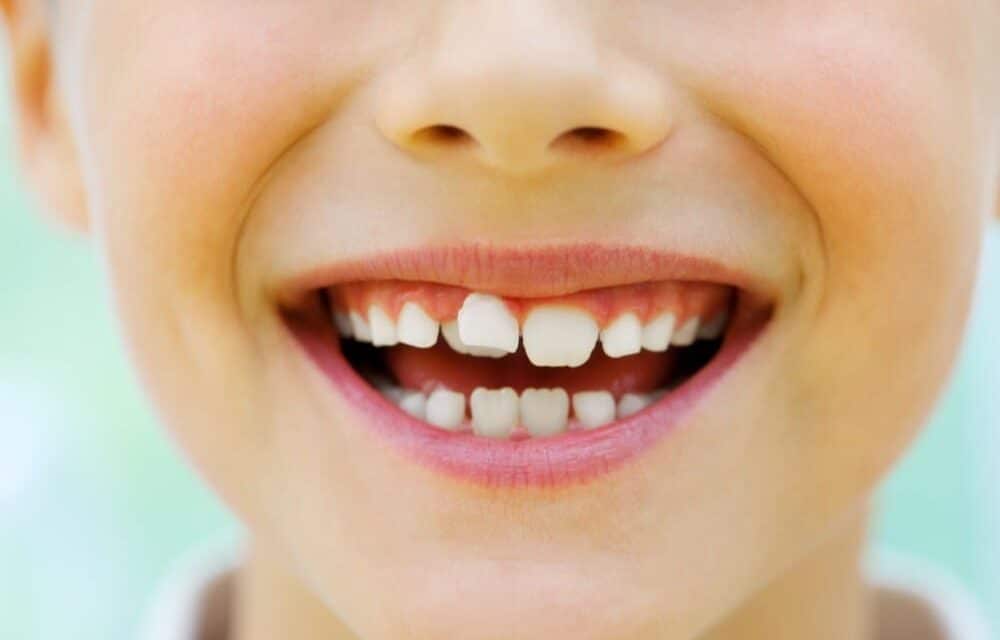Many children suck their thumbs, typically beginning in early babyhood. Is it a bad habit with
lasting effects on the teeth and mouth, or is it something that is simply harmless and cute? Read
on to learn more.
Where It Starts
Many babies and young children suck their thumbs. This habit tends to vary from child to child;
some babies will find their thumbs by the age of 3 months and will continue to suck them, while
others never do. Some parents even see their babies sucking their thumbs in the womb on the
ultrasounds before birth!
This behavior can be endearing and also helps the baby to self-soothe; many children will suck
their thumbs as they fall asleep, or when they are stressed. Thumb, finger, or pacifier sucking
can help children relax and feel safe. It also helps infants to develop the muscles of the jaw and
mouth.
Thumb Sucking in Toddlerhood
Many babies will stop sucking their thumbs around the age of 6 months. This is ideal, however,
some children will continue into toddlerhood.
The development of baby teeth creates the path for permanent teeth, so if this habit continues,
there is a chance that it could affect your child’s dental development in the long run. The teeth
may become crooked or crowded, and the front teeth can be pressed to a protruding position.
Thumb Sucking After The Age of Five
Children begin to develop their permanent teeth around the age of 5. At this point, it is very
important that they stop sucking their thumbs.
Thumb sucking at this time can cause problems with the teeth and mouth such as crooked
teeth, an improper bite, narrowing of the jaw or palate, or abnormal tongue rest that can affect
speech – and even breathing. If breathing is affected, it can also affect your child’s sleep and
development.
Thumb Sucking Deterrents
Thankfully, there are a few different ways to approach discouraging your child from sucking their
thumb.
If you are trying to stop the behavior when your child is around the age of six months old, you
can introduce some solid foods into their diet to help them to focus on normal oral function.
If your child is still sucking their thumb into late toddlerhood, there are a few different things you
can do to help them stop, including:
● Hold their hand or give your child another comfort item when you see them starting to
suck
● Bring your child’s attention to what they are doing when they begin to suck and
encourage other activities or behavior
● Use positive reinforcement (sticker systems, small allowances, favorite treats or movies,
etc)
If you need assistance in finding an effective way to stop your child from sucking their thumb, do
not hesitate to ask your trusted pediatric dental professional.
CaliSmile Orthodontics: Best Orthodontist in Los Angeles County
When the time comes to seek orthodontic care for your child – whether it is from the effects of
thumb sucking or not – you can count on CaliSmile Orthodontics.
Dr. Amir Dehghan is an experienced orthodontist with over 17 years in the industry. He and his
team are dedicated to providing excellent dental treatment planning and care to help you meet
your goals.
The decision to seek orthodontic care can be a daunting one, but CaliSmile Orthodontics will
ensure that both you and your child feel comfortable and confident during treatment.
Are you interested in learning more about the effects of thumb sucking? Give us a call anytime
at (310) 710-6527, or fill out our online appointment request form for a comprehensive
consultation in one of our Los Angeles county orthodontic offices.



